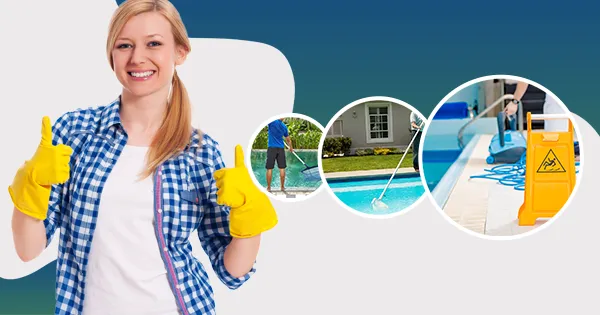The Importance of Hygiene in Shared Facilities
Shared facilities such as gyms, spas, lobbies, and dining areas play a central role in the overall guest experience.
Maintaining these areas at the highest level of cleanliness is vital to ensure safety, comfort, and satisfaction.
Professional Cleaning Practices
Hotels rely on professional services to uphold hygiene standards that guests expect.
From lobbies to restrooms, consistent cleaning routines reduce the risk of germs spreading and create a welcoming environment.
Engaging commercial cleaning in the UK
ensures that shared spaces are maintained to industry standards, boosting guest confidence.
Deep Cleaning for High-Traffic Areas
While daily cleaning is important, high-traffic areas require more intensive measures.
Scheduling periodic deep cleaning in the UK
helps tackle hidden dirt, bacteria, and allergens in carpets, furniture, and ventilation systems,
ensuring guests enjoy a healthy and memorable stay.
Enhancing Guest Experience
Cleanliness in shared facilities directly impacts reviews, loyalty, and reputation.
Hotels that focus on hygiene and invest in professional cleaning demonstrate their commitment to providing a safe, enjoyable environment
where guests feel valued and cared for.


